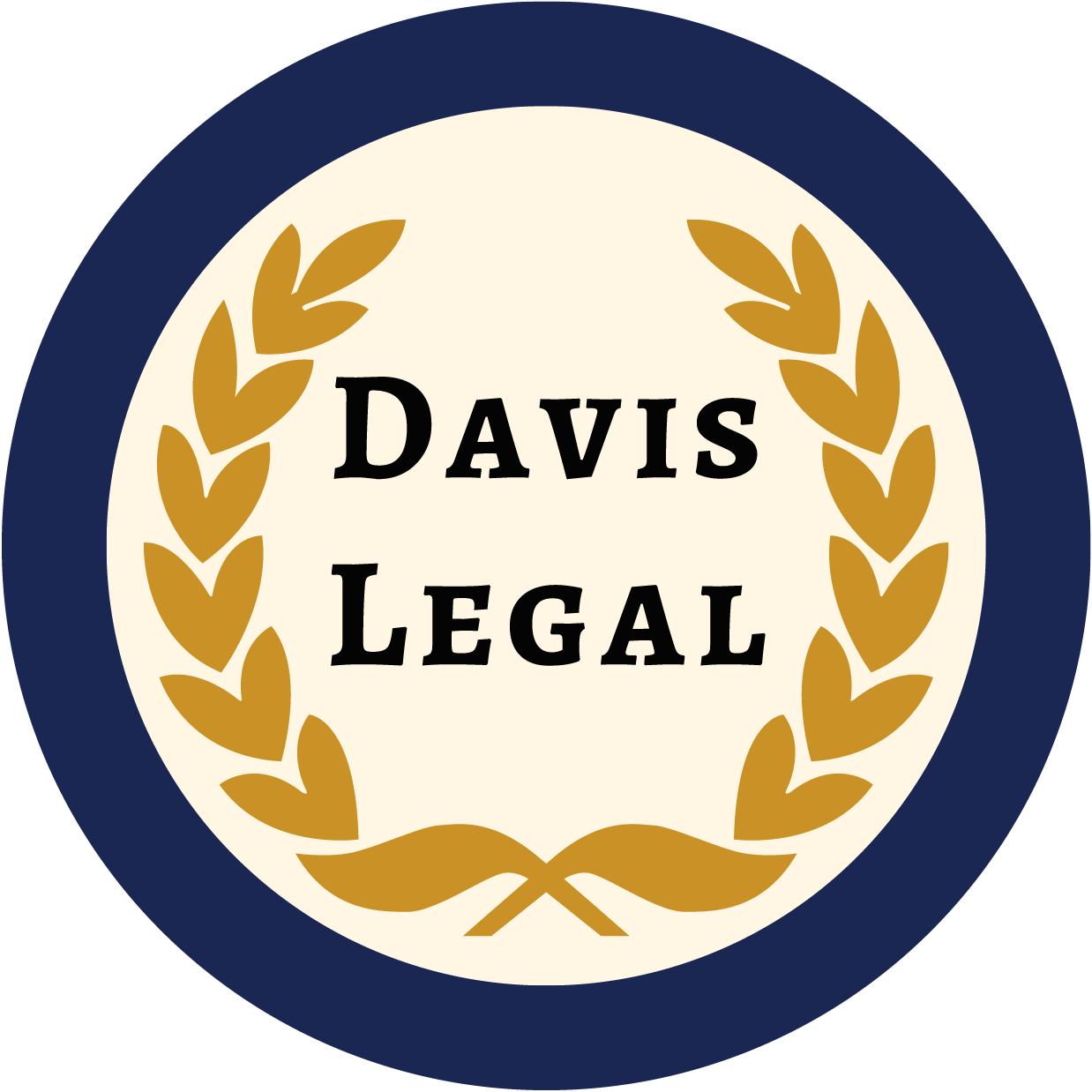A concussion is one of the most common—yet frequently misunderstood—injuries resulting from car accidents.
Unlike visible wounds that immediately signal trauma, concussions are silent injuries that can surface hours or even days after impact. These traumatic brain injuries occur when the brain is violently shaken inside the skull, often from whiplash or direct impact during a collision.
If you’ve suffered a concussion due to another driver’s negligence, you may have legal grounds to pursue compensation.
However, these cases present unique challenges that require careful medical documentation and legal expertise.
This comprehensive guide will walk you through everything you need to know about concussion claims after car accidents, from recognizing symptoms to protecting your legal rights.
Understanding Concussions from Car Accidents
Concussions represent a form of mild traumatic brain injury that occurs when sudden force causes the brain to move rapidly within the skull. In auto accidents, this typically happens through two mechanisms: direct head impact (against the steering wheel, window, or airbag) or violent whipping motion of the head and neck (whiplash).
The insidious nature of concussions lies in their delayed presentation. Many accident victims initially feel fine, only to develop symptoms hours or days later.
Common indicators include persistent headaches, dizziness, confusion, memory problems, nausea, sensitivity to light and noise, and mood changes. Some victims experience sleep disturbances or difficulty concentrating that can last for weeks or months.
Medical professionals emphasize that every concussion should be taken seriously. Even so-called “mild” concussions can have lasting effects, and suffering subsequent concussions before fully recovering from the first can lead to more severe complications. This is why seeking prompt medical evaluation after any accident involving head trauma is absolutely critical.
Legal Grounds for a Concussion Lawsuit
To have a valid legal claim for a concussion sustained in a car accident, you must establish several key elements. First and foremost, you must demonstrate that another party acted negligently, and this negligence directly caused your injury.
Common examples of negligent driving include speeding, running red lights, distracted driving (especially texting), drunk driving, or failing to obey traffic laws.
The second crucial element involves proving the extent of your damages. Unlike broken bones that show clearly on x-rays, concussions often don’t appear on standard imaging tests. This makes thorough medical documentation essential.
Your claim should account for all accident-related expenses, including emergency care, diagnostic tests, follow-up treatments, medications, and any necessary rehabilitation.
Arkansas follows a modified comparative negligence system, meaning you can still recover damages if you were partially at fault for the accident, provided your share of responsibility doesn’t exceed 50%.
However, your percentage of fault will reduce any compensation you receive. For instance, if you’re found 20% responsible for an accident that caused $100,000 in damages, your recovery would be limited to $80,000.
Critical Steps After Sustaining a Concussion
The actions you take immediately following an accident can significantly impact both your health and any future legal claim. Your first priority should always be seeking medical attention, even if you don’t notice symptoms right away.
Concussion symptoms develop gradually, and early medical evaluation creates crucial documentation linking your injury to the accident.
When visiting healthcare providers, be thorough in describing all your symptoms, no matter how minor they may seem. Keep detailed records of all medical visits, tests, diagnoses, and treatments. This documentation will serve as vital evidence if you pursue a claim.
Additionally, follow all treatment recommendations carefully, as gaps in care could be used by insurance companies to argue that your injuries weren’t serious.
Documenting the accident scene is equally important. If possible, take photographs of vehicle damage, road conditions, traffic signs, and any visible injuries. Obtain contact information from witnesses, as their testimony may prove invaluable later. File a police report if you haven’t already done so, as this official record can help establish fault.
Calculating Compensation for Concussion Injuries
Determining appropriate compensation for a concussion injury involves evaluating both economic and non-economic damages.
Economic damages include quantifiable financial losses such as medical expenses (emergency treatment, diagnostic tests, specialist visits, physical therapy, and medications) and lost wages from missed work. These are relatively straightforward to calculate by adding up bills and pay stubs.
Non-economic damages account for the more subjective impacts of your injury, including pain and suffering, emotional distress, and reduced quality of life. These can be more challenging to quantify but often represent a significant portion of concussion settlements.
In cases where the concussion leads to long-term cognitive issues or permanent impairment, future medical costs and lost earning capacity may also be factored into the compensation.
The value of concussion claims varies widely depending on injury severity, impact on daily life, and strength of evidence.
While mild concussions with full recovery might settle in the $20,000 to $50,000 range, severe cases involving prolonged symptoms or permanent effects can justify substantially higher settlements or jury awards.
Overcoming Challenges in Concussion Cases
Concussion claims present unique evidentiary challenges that don’t exist with more visible injuries. Because concussions often don’t show up on CT scans or MRIs, insurance companies frequently dispute their severity or even their existence.
They may argue that symptoms are exaggerated or unrelated to the accident. This makes comprehensive medical documentation absolutely essential.
To counter these tactics, your attorney may employ several strategies. They might retain medical experts to explain how concussions work and why your symptoms are consistent with this type of injury. They can gather evidence showing how the accident’s force was sufficient to cause a concussion.
Your lawyer may also collect testimony from family, friends, and coworkers about changes in your cognitive abilities, personality, or daily functioning since the accident.
Another common challenge involves proving that ongoing symptoms stem from the accident rather than pre-existing conditions. This requires careful review of medical records before and after the collision and sometimes involves hiring medical experts to establish causation.
The Importance of Legal Representation
Navigating a concussion claim without legal assistance can be extremely difficult. Insurance companies have teams of adjusters and attorneys working to minimize payouts, and they’re particularly skeptical of concussion claims due to the lack of objective evidence.
An experienced personal injury attorney levels the playing field by handling all legal aspects of your case while you focus on recovery.
A skilled lawyer will conduct a thorough investigation, gathering police reports, witness statements, medical records, and expert opinions to build a strong case. They’ll handle all communications with insurance companies, preventing you from making statements that could harm your claim.
Perhaps most importantly, they’ll accurately value your claim to ensure you don’t settle for less than you deserve.
If negotiations fail to produce a fair settlement, your attorney can file a lawsuit and take your case to trial. While most personal injury cases settle out of court, having a lawyer willing and able to litigate gives you significant leverage in settlement discussions.
Time Limits for Filing a Claim
In Arkansas, the statute of limitations for personal injury claims, including those involving concussions, is generally three years from the accident date. This deadline is strict—if you fail to file suit within this timeframe, you’ll almost certainly lose your right to compensation, no matter how strong your case might be.
There are several compelling reasons not to wait until the deadline approaches. Evidence becomes harder to collect as time passes as witness memories fade, security footage gets overwritten, and physical evidence disappears.
Starting your claim early also means you can access compensation sooner to help with mounting medical bills and other expenses.
Speak to an experienced TBI attorney
Suffering a concussion in a car accident can be a life-altering experience, affecting your health, work, and personal relationships.
When someone else’s negligence causes your injury, you have the right to seek compensation for your medical expenses, lost income, pain and suffering, and other damages. However, concussion claims require careful preparation and strong evidence to overcome insurance company skepticism.
By seeking immediate medical attention, diligently following treatment plans, thoroughly documenting your symptoms and limitations, and enlisting experienced legal representation, you can maximize your chances of obtaining fair compensation. Remember that time is of the essence—both in terms of getting proper medical care and preserving your legal rights.
If you or a loved one has suffered a concussion in a car accident, don’t deal with the legal process alone.
Contact our experienced personal injury attorneys today at 662-617-9028 for a free consultation. We’ll review your case, explain your options, and fight to secure the compensation you need to move forward with your life.







